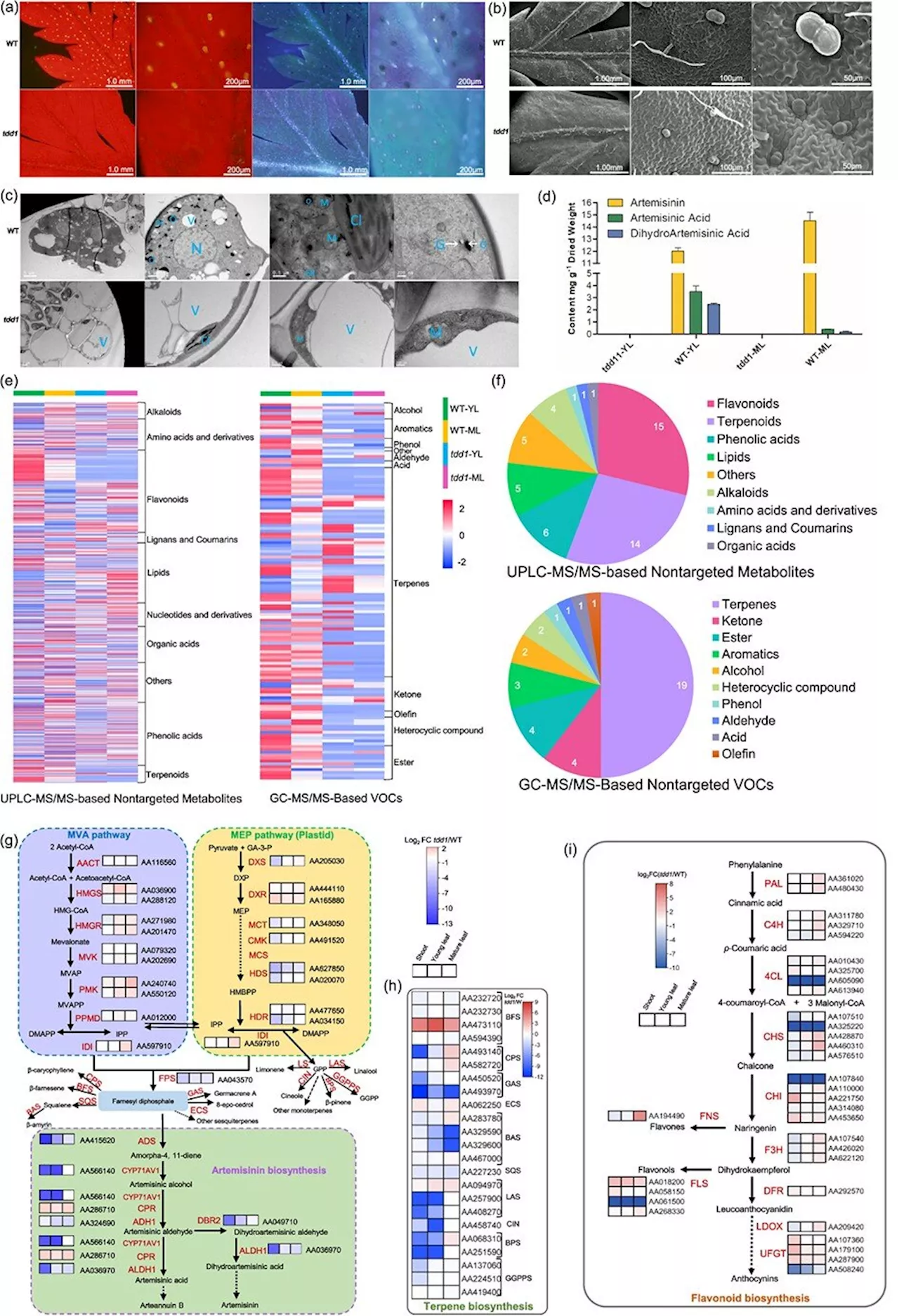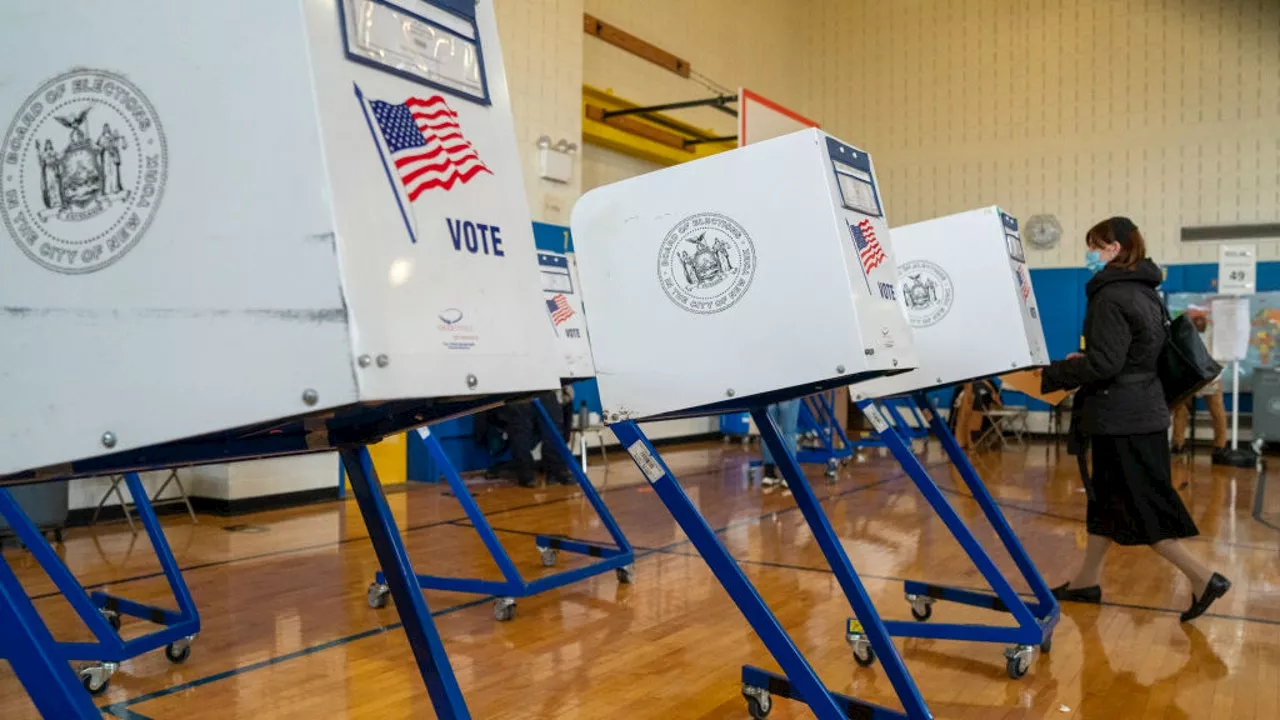A new study suggests that people hospitalized for major traumatic brain injuries (TBIs) may have a higher risk of developing dementia compared to those without TBIs. Researchers are investigating the link between TBI and neurodegenerative diseases.
Study explores how traumatic brain injury may be linked to Alzheimer's disease." ScienceDaily. ScienceDaily, 16 October 2024. <www.sciencedaily.comOhio State University Wexner Medical Center. . Study explores how traumatic brain injury may be linked to Alzheimer's disease.Ohio State University Wexner Medical Center."Study explores how traumatic brain injury may be linked to Alzheimer's disease." ScienceDaily. www.sciencedaily.
A traumatic brain injury can quadruple your risk for developing dementia and increase your chances of developing neurodegenerative diseases such as ALS. In a new study scientists use lab-grown ... People who have been hospitalized for a major traumatic brain injury may have a higher risk of developing dementia when compared to people who do not have a TBI, according to a new study. Major ...
After a traumatic brain injury , the most harmful damage is caused by secondary swelling of the brain compressed inside the skull. There is no treatment. In new research, scientists ... Post-traumatic stress disorder in U.S. military members frequently follows a concussion-like brain injury. Until now, it has been unclear why. A team of psychologists and neurologists reports that a ...AI Simulation Gives People a Glimpse of Their Potential Future Self
Traumatic Brain Injury Alzheimer's Disease Dementia Neurodegenerative Diseases Secondary Swelling
United States Latest News, United States Headlines
Similar News:You can also read news stories similar to this one that we have collected from other news sources.
 Study explores metabolic disruptions in Artemisia annua mutant strainArtemisia annua is celebrated for its production of artemisinin, a powerful antimalarial agent. Although its glandular secretory trichomes have been the focus of extensive research, a complete understanding of their metabolic processes remains elusive.
Study explores metabolic disruptions in Artemisia annua mutant strainArtemisia annua is celebrated for its production of artemisinin, a powerful antimalarial agent. Although its glandular secretory trichomes have been the focus of extensive research, a complete understanding of their metabolic processes remains elusive.
Read more »
 Study explores what families fight about: Communication, moods, and choresConflict in families can negatively affect individuals' well-being and relationships. But what exactly do families today fight about, and is conflict in the home generally more severe between couples or between parents and children?
Study explores what families fight about: Communication, moods, and choresConflict in families can negatively affect individuals' well-being and relationships. But what exactly do families today fight about, and is conflict in the home generally more severe between couples or between parents and children?
Read more »
 Harvard Study Explores Relationship Between Newspaper Endorsements and Media BiasA recent Harvard study investigates how newspaper endorsements of political candidates can influence media bias. Lead researcher Kevin DeLuca, a Yale political science professor, examines whether newspapers' preferences for one candidate over another are based on factors like the candidate's quality or pre-existing partisan leanings.
Harvard Study Explores Relationship Between Newspaper Endorsements and Media BiasA recent Harvard study investigates how newspaper endorsements of political candidates can influence media bias. Lead researcher Kevin DeLuca, a Yale political science professor, examines whether newspapers' preferences for one candidate over another are based on factors like the candidate's quality or pre-existing partisan leanings.
Read more »
 Study Explores Connection Between Newspaper Endorsements and Media BiasA new Harvard study examines how newspaper endorsements of political candidates may be influenced by media bias. The study, led by Yale political science professor Kevin DeLuca, investigates whether newspapers prioritize a candidate's perceived quality or lean towards partisan preferences when making endorsements.
Study Explores Connection Between Newspaper Endorsements and Media BiasA new Harvard study examines how newspaper endorsements of political candidates may be influenced by media bias. The study, led by Yale political science professor Kevin DeLuca, investigates whether newspapers prioritize a candidate's perceived quality or lean towards partisan preferences when making endorsements.
Read more »
 New study explores how universities can improve student well-beingDespite growing evidence of the importance of student well-being and an abundance of best practices, most institutions have yet to prioritize it as much as they do enrollment, graduation and grades.
New study explores how universities can improve student well-beingDespite growing evidence of the importance of student well-being and an abundance of best practices, most institutions have yet to prioritize it as much as they do enrollment, graduation and grades.
Read more »
 Study explores novel therapeutic treatment for glioblastomaResearchers discovered combining the brain-penetrating antipsychotic drug pimozide with a clinically investigative glutamine metabolism inhibitor, CB-839, can overcome tumor resistance and effectively suppress GBM growth.
Study explores novel therapeutic treatment for glioblastomaResearchers discovered combining the brain-penetrating antipsychotic drug pimozide with a clinically investigative glutamine metabolism inhibitor, CB-839, can overcome tumor resistance and effectively suppress GBM growth.
Read more »
